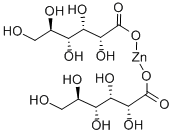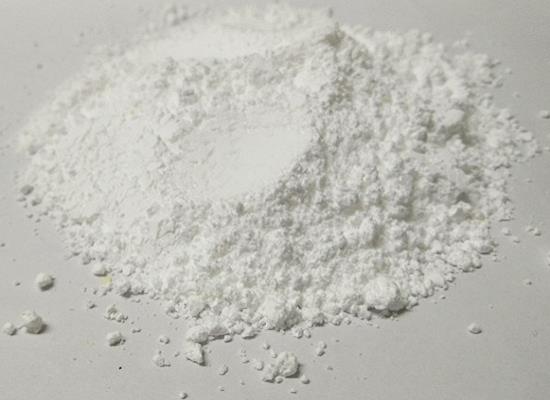Zinc Gluconate: Clinical Applications in Ulcerative Colitis and its Toxicity
Zinc gluconate is the zinc salt of gluconic acid, with the chemical formula C12H22O14Zn. It is a white crystalline or granular powder at room temperature, odorless, slightly astringent, easily soluble in boiling water, soluble in water, and insoluble in anhydrous ethanol, chloroform or ether. It is clinically applicable to children with anorexia, various skin acne, recurrent oral ulcers and other zinc deficiency symptoms.
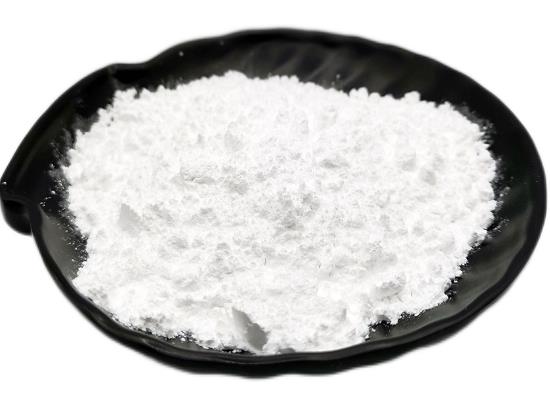
Figure 1. Zinc gluconate
Zinc gluconate is an organic zinc supplement that has little irritation to the gastric mucosa, is easily absorbed by the human body, has a high absorption rate and good solubility. It is widely used in health products, medicines, and foods. It plays an important role in the intellectual and physical development of infants and adolescents, and its absorption effect is better than that of inorganic zinc. my country stipulates that it can be used in salt, dairy products, cereals and their products, drinking liquids, and milk drinking liquids. Zinc gluconate is also a medical zinc supplement. It can also be used as a nutritional supplement (zinc fortifier) in the food industry and can be added to milk substitutes.
Advantages of zinc gluconate
High bioavailability, up to twice that of inorganic zinc. It has little irritation to the gastrointestinal tract, few adverse reactions, and is friendly to people who need long-term zinc supplementation.
It is mild in nature, suitable for a wide range of people, young and old, and still has a good effect on children and the elderly.
It has a wide range of effects and can effectively promote growth and development, improve immune function, enhance appetite, promote wound healing, maintain skin health, help digestion and absorption, etc.
Effects on growth and development
Zinc gluconate can be decomposed into gluconic acid and zinc ions after entering the human body. Free zinc ions can participate in the synthesis of important physiologically active enzymes such as carbonic anhydrase, DNA polymerase, RNA polymerase, thymidine kinase, alkaline phosphatase, pancreatic hydropeptidase, and lactate dehydrogenase. Zinc ions promote the synthesis of nucleic acids and proteins, accelerate the synthesis and release of hormones, and promote cell growth and division through the action of zinc-containing enzymes.
Adjuvant therapeutic effect on rotavirus diarrhea in children
According to a survey, more than half of pediatric diarrhea is caused by rotavirus infection. The treatment of this disease is mainly antiviral and regulating intestinal microorganisms, but the overall treatment effect is not good. Studies have found that zinc is closely related to the occurrence of rotavirus diarrhea. Zinc participates in the synthesis of multiple metabolic enzymes in the body, affects the catalytic activity of enzymes, and can also ensure the integrity of the structure and function of the epithelial cells of the small intestinal mucosa. Zinc gluconate can make up for the deficiencies of traditional drug treatments, supplement zinc deficiency in children, improve the condition, and accelerate the body's recovery. At the same time, zinc has the effect of promoting cell proliferation, which is beneficial to improving children's immunity.
See also
Lastest Price from Zinc gluconate manufacturers
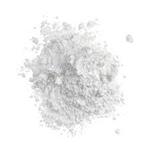
US $1200.00-1100.00/ton2025-09-18
- CAS:
- 4468-02-4
- Min. Order:
- 1ton
- Purity:
- 99%
- Supply Ability:
- 1000T/M
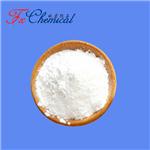
US $0.00/KG2025-04-21
- CAS:
- 4468-02-4
- Min. Order:
- 1KG
- Purity:
- 98%min
- Supply Ability:
- 30tons/month
